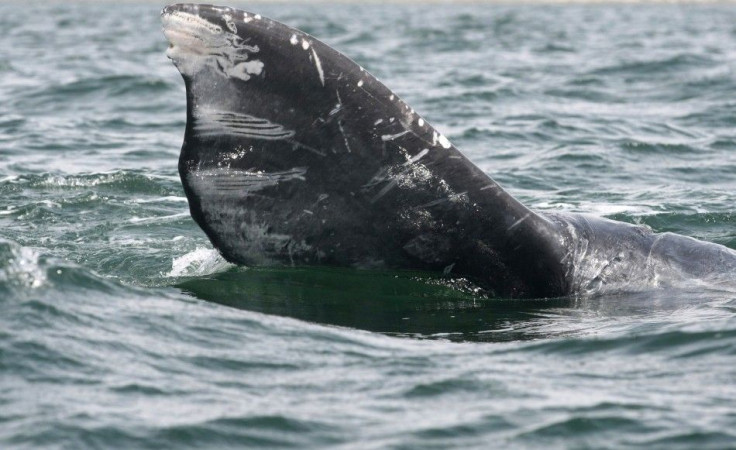Whaling Talks Expose Deep Rifts Between Whaling, Non-Whaling Nations

The International Whaling Commission's annual meeting ended with pro-whaling nations walking out to block a vote on establishing a whale sanctuary, exposing the Orca-sized gulf underlying the whaling talks.
Japan, Norway Iceland continue to hunt whales on a large commercial scale, defying a 1986 moratorium banning commerical whaling. That discrepancy was a source of tension throughout, with Japan accusing Australia of allowing activists to sabotage Japanese whaling votes and Iceland, Norway and Japan leaving the meeting after a Latin American bloc sought a vote on establishing a sanctuary in the South Atlantic.
The Commission has been regularly criticized for its ineffectiveness, something reaffirmed by the scant progress made at this year's meeting -- BBC correspondent Richard Black, in his seventh year covering the conference, described the body as ill-fit for purpose, archaic, hopelessly riven and suited only for the scrapyard. He was not alone in his frustration.
You can only conclude that this Commission -- which, despite a moratorium, does not have a mandate to stop the large-scale hunting still going on -- is genuinely dysfunctional, said Frederic Briand, head of Monaco's delegation, told Agence France-Presse. Since the moratorium was put in place in 1986, more than 33,000 whales have been killed.
Still, environmentalists and pro-conservation groups noted that rules intended to protect whales have been largely successful despite some resistance.
The majority of whale stocks are moving in the right direction, often at a pace of five to 10 percent per year, said French scientist Vincent Ridoux, a member of the Commission's scientific committee.
© Copyright IBTimes 2024. All rights reserved.




















